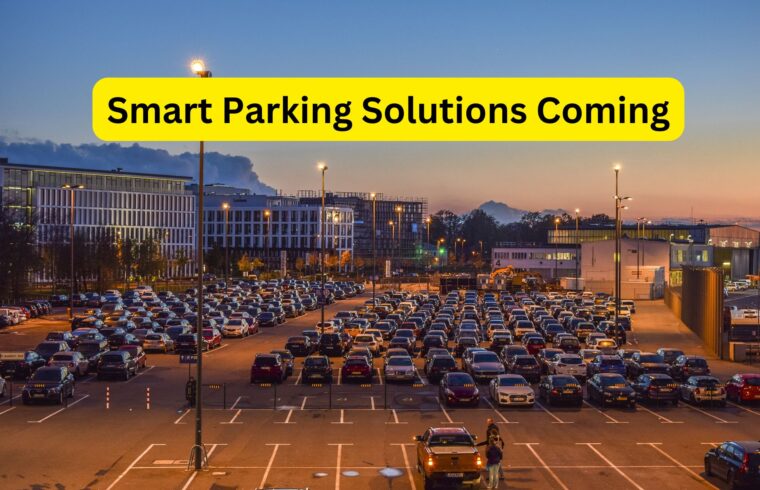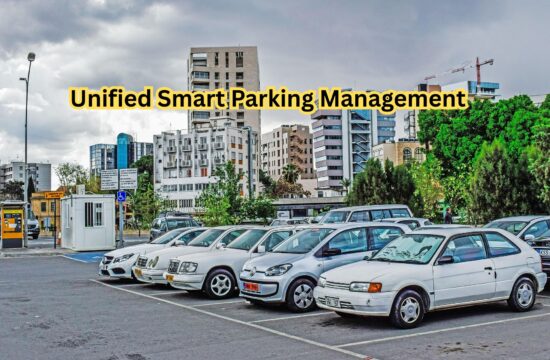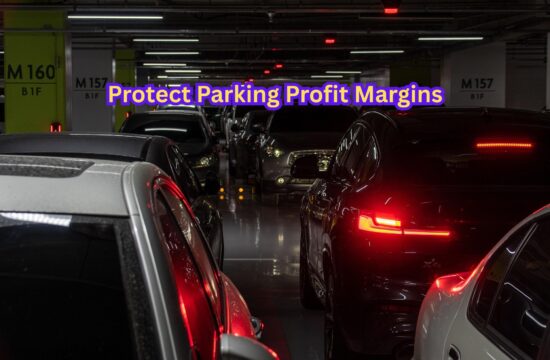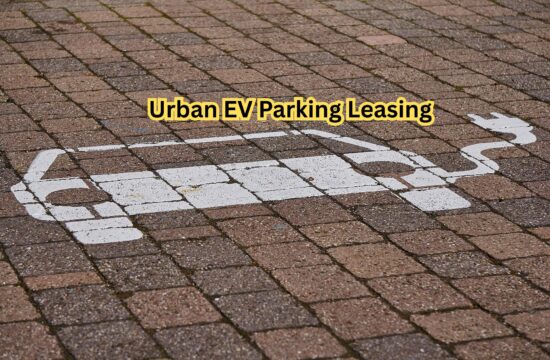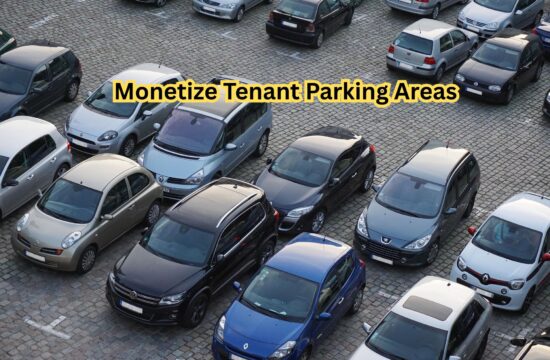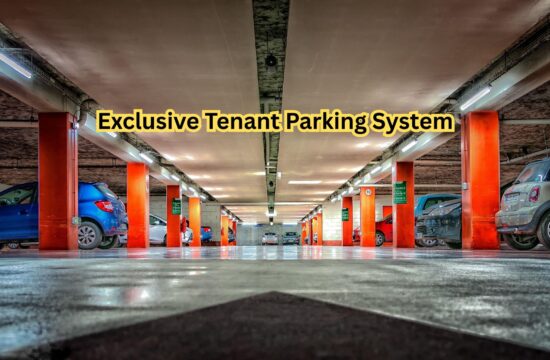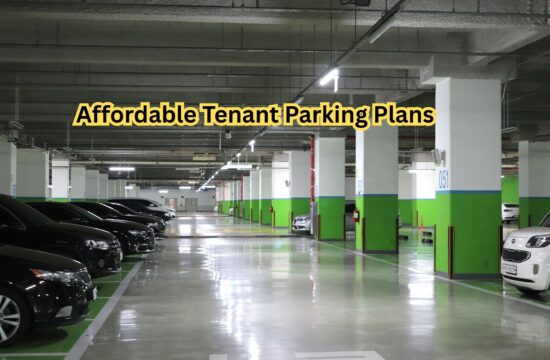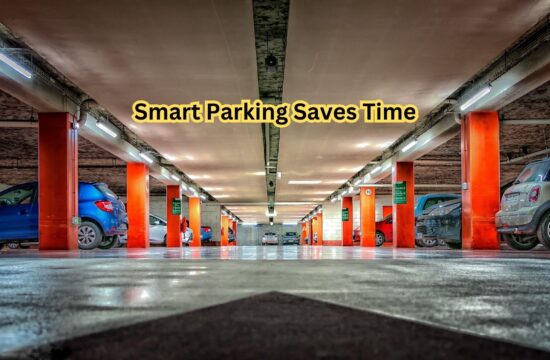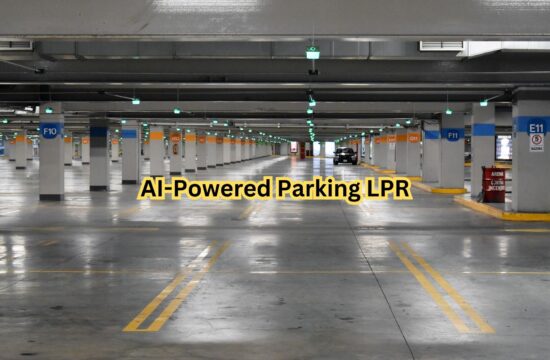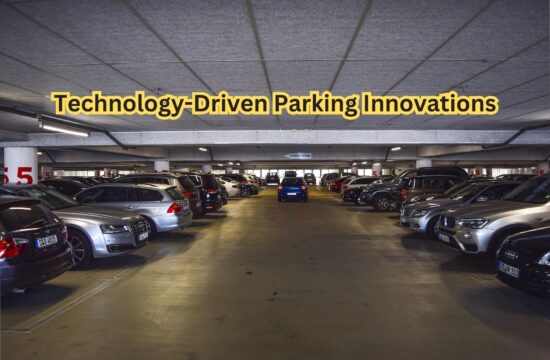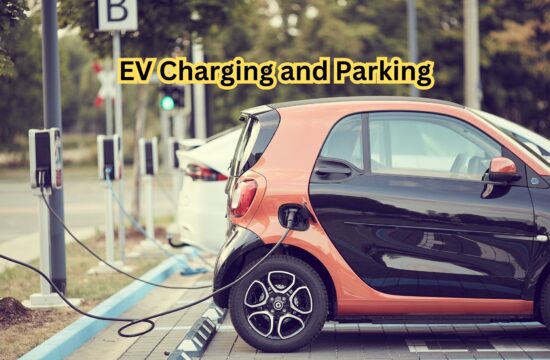Parking has become a crucial concern for companies, drivers, and city planners alike as metropolitan areas become increasingly crowded. As a result, Smart Parking Solutions are becoming a game-changer by offering creative approaches to improve the driving experience, minimize traffic, and maximize parking management. The way we park and move through cities is about to change thanks to these technologies, which are driven by mobile applications, artificial intelligence, and the Internet of Things. Smart Parking Solutions are transforming the urban landscape by making it more efficient and sustainable, allowing for better use of space, and easing congestion. With these innovations, the future of urban mobility will be more seamless and user-friendly, all due to the rise of Smart Parking Solutions in cities worldwide.
What Are Smart Parking Solutions
By automating payments and giving real-time data on available spaces, smart parking solutions leverage sensors, cameras, and smartphone apps to simplify parking. By directing drivers to available spaces, making reservations simple, and facilitating contactless payments, these technologies ease traffic. Parking data is analyzed by AI to forecast demand, enhance management, and optimize pricing.
Key Benefits of Smart Parking Solutions
Smart parking systems reduce urban traffic by providing real-time information on available spaces, cutting congestion and emissions. Drivers can book and pay in advance, enhancing convenience. For businesses and cities, these systems optimize space management and increase revenue through dynamic pricing and automation. Additionally, reduced parking search times lower vehicle emissions for cleaner cities.
Current Innovations in Smart Parking
Luxury automakers are including autonomous parking so that cars can park themselves. Parking as a Service (PaaS) establishes a shared economy model by turning vacant spaces into rental locations. As EVs become more popular, smart lots now have EV charging facilities. These solutions facilitate the smooth integration of urban mobility and are also in line with smart city goals.
Challenges to Adoption
Smart parking has drawbacks despite its advantages. Installing sensors and management systems can be expensive up front. As more data about drivers is gathered, data privacy becomes an issue. Widespread acceptance is also crucial, yet many municipalities, companies, and drivers are still ignorant of or reluctant to trust these new technology.
The Future of Smart Parking
Smart parking solutions will become more and more important as cities expand and parking demand increases. AI-driven insights to forecast demand, apply dynamic pricing, and customize the experience for drivers are possible future developments. Parking and drop-offs will be made more efficient by integration with autonomous vehicles. Furthermore, a focus on sustainability will encourage integration with public transit systems, car sharing, and electric automobiles.

